Introduction
Automotive diagnostic tools have revolutionized the way we maintain and repair vehicles. From the rudimentary methods of the past to the sophisticated devices of today, these tools are essential for identifying issues, enhancing performance, and ensuring safety on the road.
Types and Categories
Handheld Diagnostic Scanners
Handheld diagnostic scanners are portable and user-friendly, allowing mechanics to quickly read and clear error codes. These tools provide a snapshot of the vehicle’s health, making them invaluable for quick diagnostics.
OBD-II Scanners
Since 1996, OBD-II (On-Board Diagnostics II) scanners have been standard for all vehicles sold in the U.S. They interface with the vehicle’s computer system to read error codes, monitor performance data, and assist in troubleshooting issues.
Code Readers
Code readers are simpler than full-fledged diagnostic scanners, designed primarily to read and clear diagnostic trouble codes (DTCs). They are ideal for DIY enthusiasts and basic diagnostics.
OEM Diagnostic Tools
OEM (Original Equipment Manufacturer) diagnostic tools are specifically designed for a particular brand. They offer deeper insights and access to proprietary codes and information, making them crucial for dealership mechanics.
PC-Based Diagnostic Tools
These tools connect to a computer and offer extensive diagnostic capabilities. With the ability to display real-time data and generate comprehensive reports, they are favored by professionals for in-depth analysis.
Mobile Device-Based Diagnostic Tools
Leveraging the power of smartphones and tablets, these tools use Bluetooth or Wi-Fi to connect to the vehicle’s OBD-II port. They provide convenience and portability without sacrificing functionality.
Wireless Diagnostic Tools
Wireless diagnostic tools eliminate the need for physical connections, offering flexibility and ease of use. They can transmit data over Bluetooth or Wi-Fi, enhancing mobility during diagnostics.
Specialty Diagnostic Tools
Specialty tools are designed for specific diagnostic tasks, such as ABS (Anti-lock Braking System) testers, airbag scanners, and emission testers. These tools address niche areas of vehicle diagnostics.
Diagnosis and Tests
Basic Diagnostic Procedures
Basic diagnostic procedures involve connecting the diagnostic tool to the vehicle, retrieving error codes, and interpreting them to identify potential issues. These steps form the foundation of effective vehicle maintenance.
Advanced Diagnostic Techniques
Advanced techniques include real-time data monitoring, performing specific system tests, and utilizing manufacturer-specific diagnostic procedures. These methods help pinpoint complex issues that basic diagnostics might miss.
Common Fault Codes and Their Meanings
Understanding fault codes is crucial for accurate diagnostics. Common codes like P0300 (Random/Multiple Cylinder Misfire Detected) and P0420 (Catalyst System Efficiency Below Threshold) provide insights into specific issues and guide repair strategies.
Diagnostic Protocols
Diagnostic protocols standardize the communication between the vehicle’s computer and diagnostic tools. Protocols like CAN (Controller Area Network) and ISO 9141 ensure compatibility and reliable data exchange.
Real-Time Data Monitoring
Real-time data monitoring allows mechanics to observe the vehicle’s performance metrics live. Parameters such as engine RPM, coolant temperature, and oxygen sensor readings provide valuable information for diagnosing dynamic issues.
Reasons for the Tools and Tests
Identifying Faults Early
Early fault identification prevents minor issues from becoming major problems. Diagnostic tools enable timely interventions, reducing the likelihood of costly repairs and vehicle downtime.
Reducing Repair Costs
By pinpointing the exact cause of a problem, diagnostic tools help avoid unnecessary part replacements and labor costs. Accurate diagnostics lead to targeted repairs, saving money in the long run.
Enhancing Vehicle Performance
Regular diagnostics ensure that a vehicle operates at peak performance. Identifying and addressing issues like misfires or inefficient fuel injection improves overall efficiency and driving experience.
Ensuring Safety
Safety is paramount in automotive maintenance. Diagnostic tools detect faults in critical systems like brakes, airbags, and steering, helping to prevent accidents and ensuring the safety of drivers and passengers.
Compliance with Emissions Standards
Emissions regulations require vehicles to meet specific standards. Diagnostic tools help identify issues affecting emissions, such as faulty oxygen sensors or catalytic converters, ensuring compliance with environmental laws.
Preventive Measures
Regular Maintenance Tips
Regular maintenance is key to preventing breakdowns. Simple practices like checking fluid levels, inspecting belts and hoses, and ensuring tire pressure can significantly extend the life of a vehicle.
Scheduled Diagnostic Checks
Scheduled diagnostic checks, performed at regular intervals, help catch issues early. Incorporating these checks into the maintenance routine ensures consistent vehicle performance and reliability.
Keeping Software Updated
Updating diagnostic tool software ensures compatibility with the latest vehicle models and systems. Manufacturers frequently release updates to enhance diagnostic capabilities and fix bugs.
Importance of Professional Diagnostics
While DIY diagnostics are useful, professional diagnostics offer deeper insights. Professional mechanics have access to advanced tools and expertise, making them better equipped to handle complex issues.
DIY Diagnostic Tips
For DIY enthusiasts, understanding basic diagnostic procedures and investing in a good quality scanner can be immensely beneficial. Simple tips like keeping the tool’s software updated and reading the manual thoroughly can enhance DIY diagnostic efforts.
Personal Stories or Case Studies
Case Study: Diagnosing a Complex Electrical Issue
In one instance, a complex electrical issue baffled a car owner. The vehicle’s lights flickered intermittently, and the battery frequently died. Using a diagnostic tool, a mechanic traced the problem to a faulty alternator diode, resolving the issue efficiently.
Case Study: Cost Savings Through Early Detection
Another case involved a minor engine misfire. Early detection through routine diagnostics revealed a failing spark plug. Replacing the spark plug prevented further damage, saving the owner from a costly engine rebuild.
Personal Story: A Mechanic’s Perspective
A seasoned mechanic recalls the days before diagnostic tools became ubiquitous. Back then, troubleshooting involved trial and error, often leading to prolonged repairs. Modern tools have streamlined the process, allowing for quicker, more accurate diagnostics.
Personal Story: A Car Owner’s Experience
A car owner shares how a handheld diagnostic scanner helped identify a failing oxygen sensor. The tool not only pinpointed the issue but also provided a sense of empowerment and understanding of their vehicle’s health.
Expert Insights
Interview with an Automotive Diagnostic Specialist
In an interview, an automotive diagnostic specialist emphasized the importance of keeping diagnostic tools updated. He noted that modern vehicles have complex systems that require accurate and up-to-date diagnostic capabilities.
Insights from Automotive Engineers
Automotive engineers highlight the role of diagnostics in vehicle design. They explain how diagnostic feedback helps in refining and improving vehicle systems, leading to more reliable and efficient cars.
Tips from Professional Mechanics
Professional mechanics recommend investing in high-quality diagnostic tools. They advise regular training and staying updated with the latest diagnostic technologies to maintain a competitive edge in the industry.
Predictions for the Future of Diagnostics
Experts predict that future diagnostic tools will integrate more AI and machine learning capabilities. These advancements will further enhance diagnostic accuracy, predictive maintenance, and overall vehicle performance.
Conclusion
Summary of Key Points
Automotive diagnostic tools are indispensable in modern vehicle maintenance. They offer early fault detection, reduce repair costs, enhance performance, ensure safety, and help comply with emissions standards. Regular maintenance and professional diagnostics are crucial for optimal vehicle health.
Future Trends in Automotive Diagnostics
The future of automotive diagnostics looks promising with advancements in technology. AI, machine learning, and increased connectivity will drive the evolution of diagnostic tools, making them more efficient and accurate.
Call to Action for Regular Diagnostic Checks
To maintain your vehicle’s health, make regular diagnostic checks a part of your maintenance routine. Whether you’re a DIY enthusiast or prefer professional services, staying proactive with diagnostics will save you time, money, and ensure a safer driving experience.
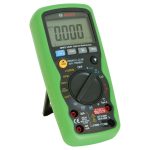

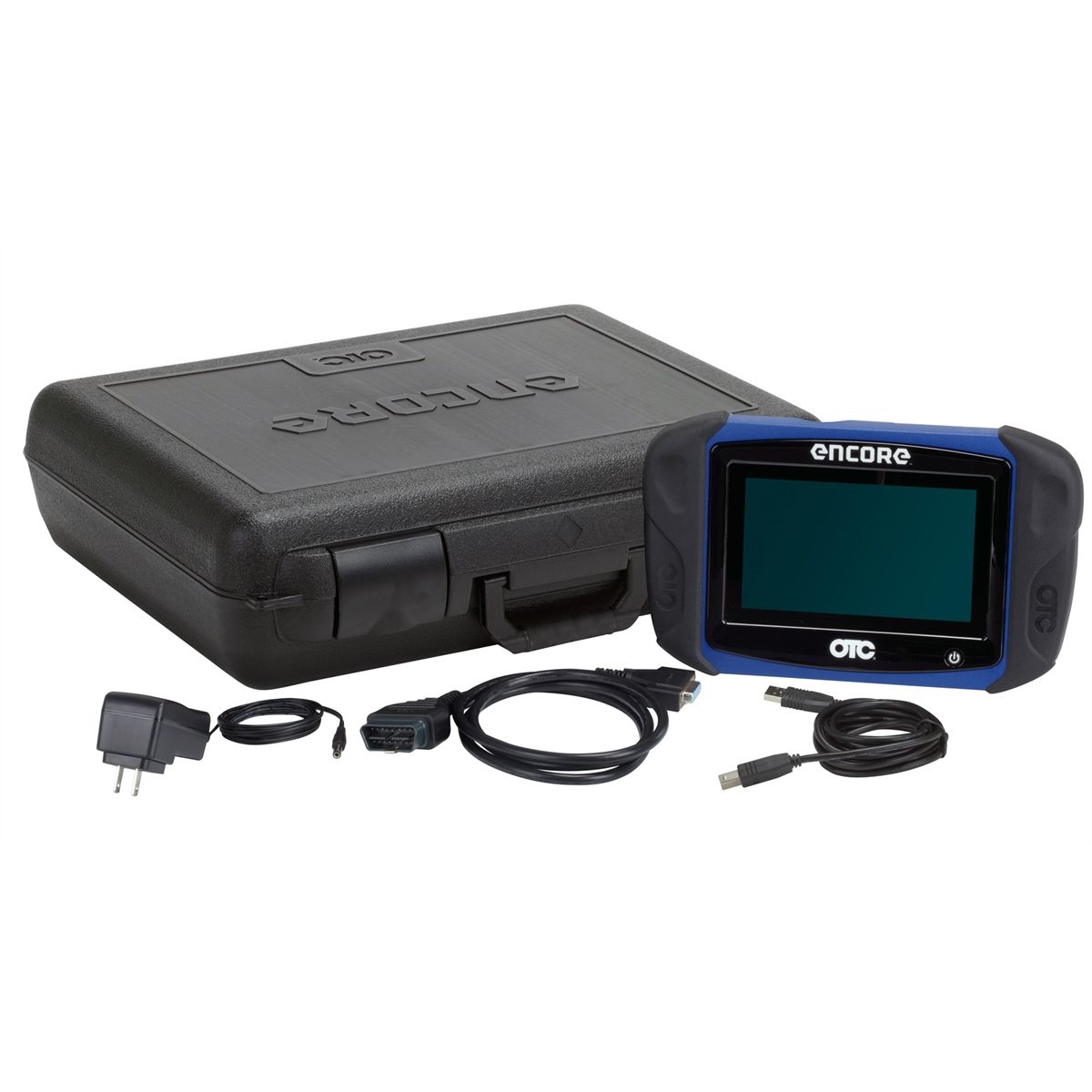

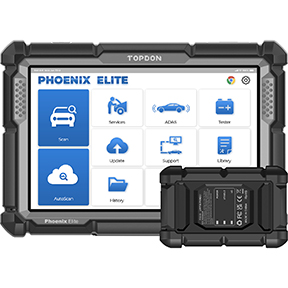


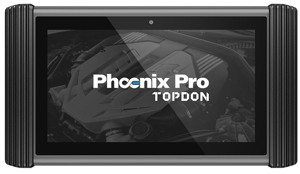

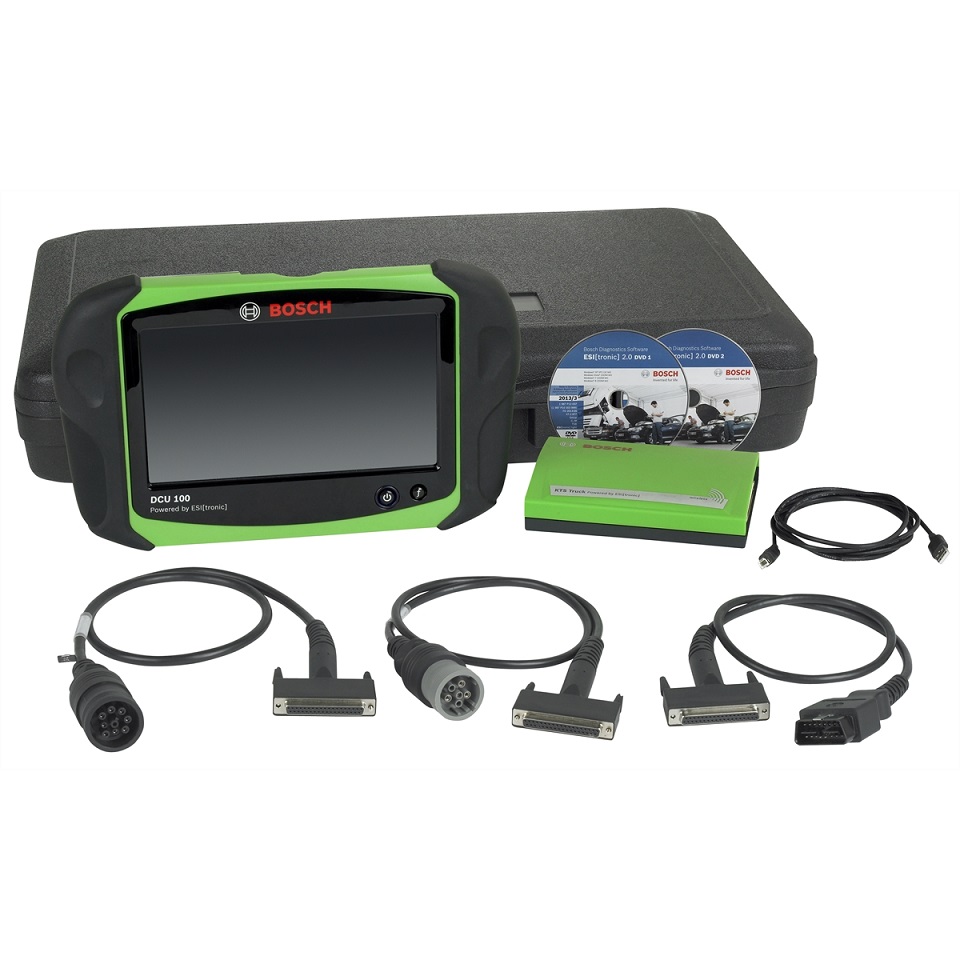

Follow us on social media